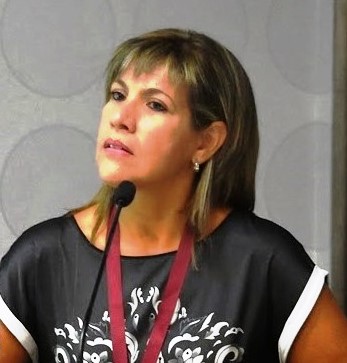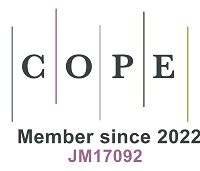
Department of Environmental Chemistry, Institute of Environmental Assessment and Water Research (IDAEA), Spanish National Research Council (CSIC), Barcelona, Spain.
HomePage
Bio
Dr. Ethel Eljarrat received his PhD at the University of Barcelona with Prof. Josep Rivera. She is a Senior Scientist at the Department of Environmental Chemistry, Institute of Environmental Assessment and Water Research (IDAEA), Spanish National Research Council (CSIC), Barcelona, Spain. She has published more than 180 papers in SCI journals (H-index = 49, Scopus), she has edited 3 books (Brominated Flame Retardants; Emerging Organic Contaminants in Sludges. Analysis, fate and treatment with fungi; and Pyrethroid Insecticides) and more than 30 book chapters. Her research activity has resulted in 21 press releases.
Dr. Ethel Eljarrat made outstanding contribution to environmental chemistry, in particular to persistent organic pollutants. She had an extensive experience in the development of analytical methodologies for emerging pollutants as well as in the assessment of their impact in the environment as well as in humans. Their scientific studies focused on environmental and biotic samples, but also on humans and food. During her PhD she contributed to the implementation of the first dioxin analysis laboratory in Spain, participating as a reference laboratory during the 1999 food crisis following feed contamination in Belgium. Subsequently, her research in the field of brominated flame retardants has contributed to the generation of scientific evidence for the prohibition and inclusion in the list of POPs of the Stockholm Convention of compounds such as PBDEs and HBCD. Moreover, their contributions showing for the first time the bioaccumulation of insecticide pyrethroids in tissues of different aquatic and terrestrial organisms, highlighted the mistake considering pyrethroids as ideal insecticides.
With more than 25 years of research, her work focuses mainly on plasticizers, halogenated and organophosphate flame retardants, chlorinated paraffins, pyrethroid insecticides and nonpolar pesticides. She works on the evaluation of bioaccumulation and biomagnification processes in aquatic and terrestrial organisms, as well as on human exposure to these pollutants through food and inhalation of indoor and outdoor air. In recent years, her scientific activity has focused on the evaluation of the chemical impact of plastic pollution. She was selected as an Expert in the topic "Pollution by plastics" in the Congress of Deputies (Madrid) for the advice to politicians.
Research Interests:
Bioaccumulation, Biomagnification, Flame retardants, Human exposure, Plastic, Persistent organic pollutants, Risk assessment
Special Issue:









